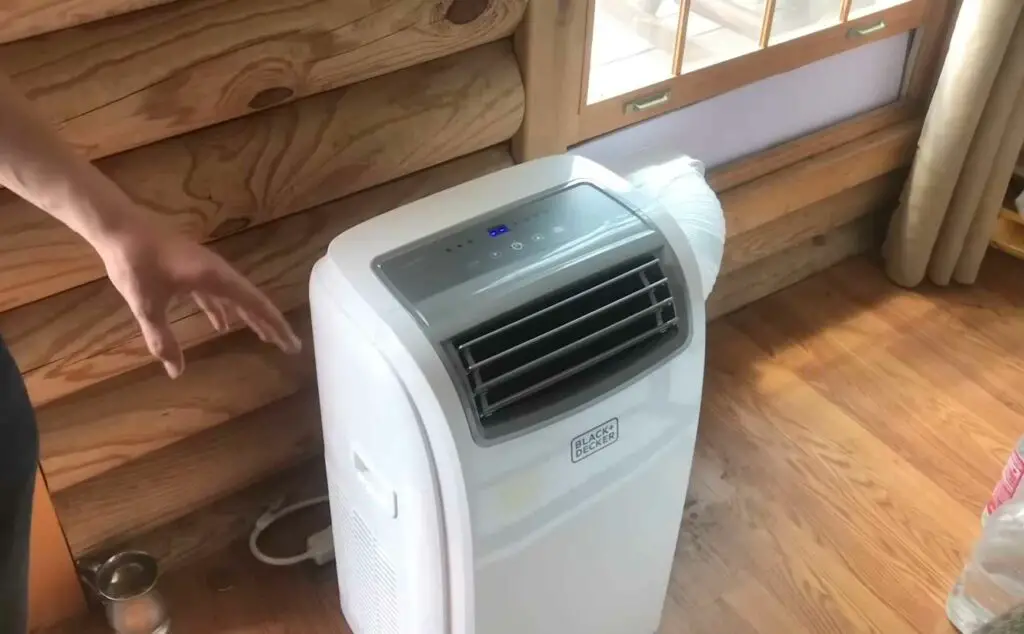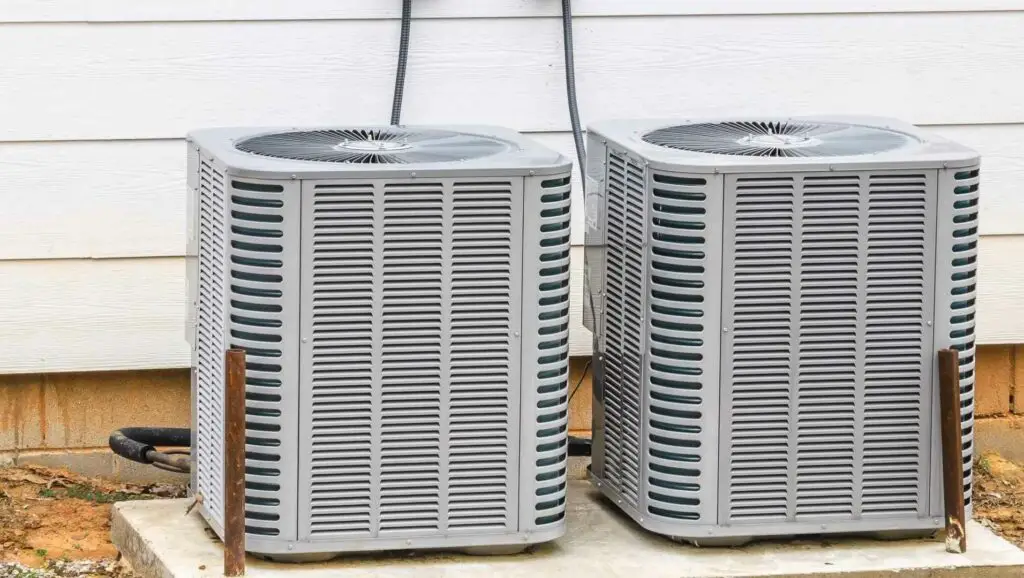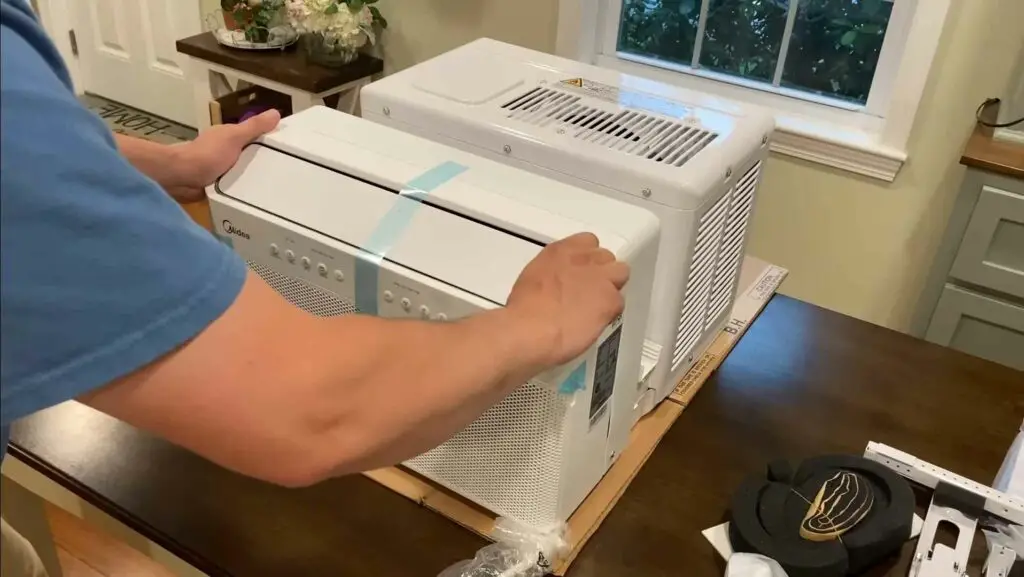There are many opinions on whether air conditioners are good for heating or not.
Some people believe that air conditioners are beneficial because they can help to regulate the temperature in a home, making it more comfortable for residents.
Others believe that air conditioners are harmful because they can cause health problems such as respiratory infections.
If you’re looking for a way to heat your home that is both effective and efficient, then an air conditioner may be the answer.
While air conditioners are typically thought of as a way to cool down a space, they can also be used to heat it up.
Here are some things to keep in mind if you’re considering using an air conditioner for heating:
Air conditioners work by circulating cooled or heated air throughout a space. In order to circulate the air, the unit must have access to an outside source of air.
This means that windows and doors must be open while the unit is running.
Air conditioners are most effective in homes that are already well-insulated.
If your home is not well-insulated, you may want to consider other heating options such as a forced-air furnace or radiant floor heating. Air conditioners can be noisy when they first turn on.
This noise level will decrease as the unit warms up, but it’s something to keep in mind if you have sensitive hearing or live in close quarters with neighbors.

What are the Benefits of Using an Air Conditioner for Heating?
There are a few benefits of using an air conditioner for heating.
One is that it can help save on energy costs since the unit will already be in place and won’t require additional energy to operate.
Another benefit is that it can help to improve indoor air quality since the filters in the unit can remove pollutants and allergens from the air.
Finally, using an air conditioner for heating can also help extend your furnace’s life by taking some of the strain off during the colder months.
Are There Any Drawbacks to Using an Air Conditioner for Heating?

First, it can be less efficient than other heating options, so your energy bills may be higher.
Additionally, if the air conditioner is not properly sized for the space, it may not heat the room evenly, leaving some areas too cold and others too hot.
Finally, if the air conditioner breaks down, you will likely need to call a repairman to fix it, which can be expensive.
What Size Air Conditioner Do I Need to Heat My Home Effectively?

There are a variety of factors to consider when purchasing an air conditioner, with size being one of the most important.
So, how do you know what size air conditioner is right for your home?
The first step is to measure the square footage of the room or area you want to cool.
Once you have that number, multiply it by 25 BTUs (British Thermal Units).
That will give you a general idea of the power output you need in an air conditioner.
However, there are other factors to keep in mind when making your purchase.
For example, if your room has high ceilings or is poorly insulated, you’ll need a unit with more power.
Additionally, if you live in a hot climate or plan to use your AC unit frequently, you should opt for a stronger model.
In general, though, most homes can be effectively cooled with an air conditioner that falls within the 4,000-6,000 BTU range.
Why heaters are the future of cooling
Conclusion
No, air conditioners are not good for heating. In fact, they can be quite harmful to your health. Here’s why:
1. Air conditioners dry out the air. This can lead to respiratory problems, as well as increased risk of colds and flu.
2. Air conditioners can cause headaches and dizziness.
This is because they lower the temperature of the surrounding air, causing your body to constrict blood vessels in an attempt to keep warm.
3. Air conditioners can make you feel tired and sluggish. Again, this is due to the drop in temperature that they cause.
Your body has to work harder to maintain its core temperature, leading to fatigue. 4. Air conditioners can worsen allergies and asthma symptoms.